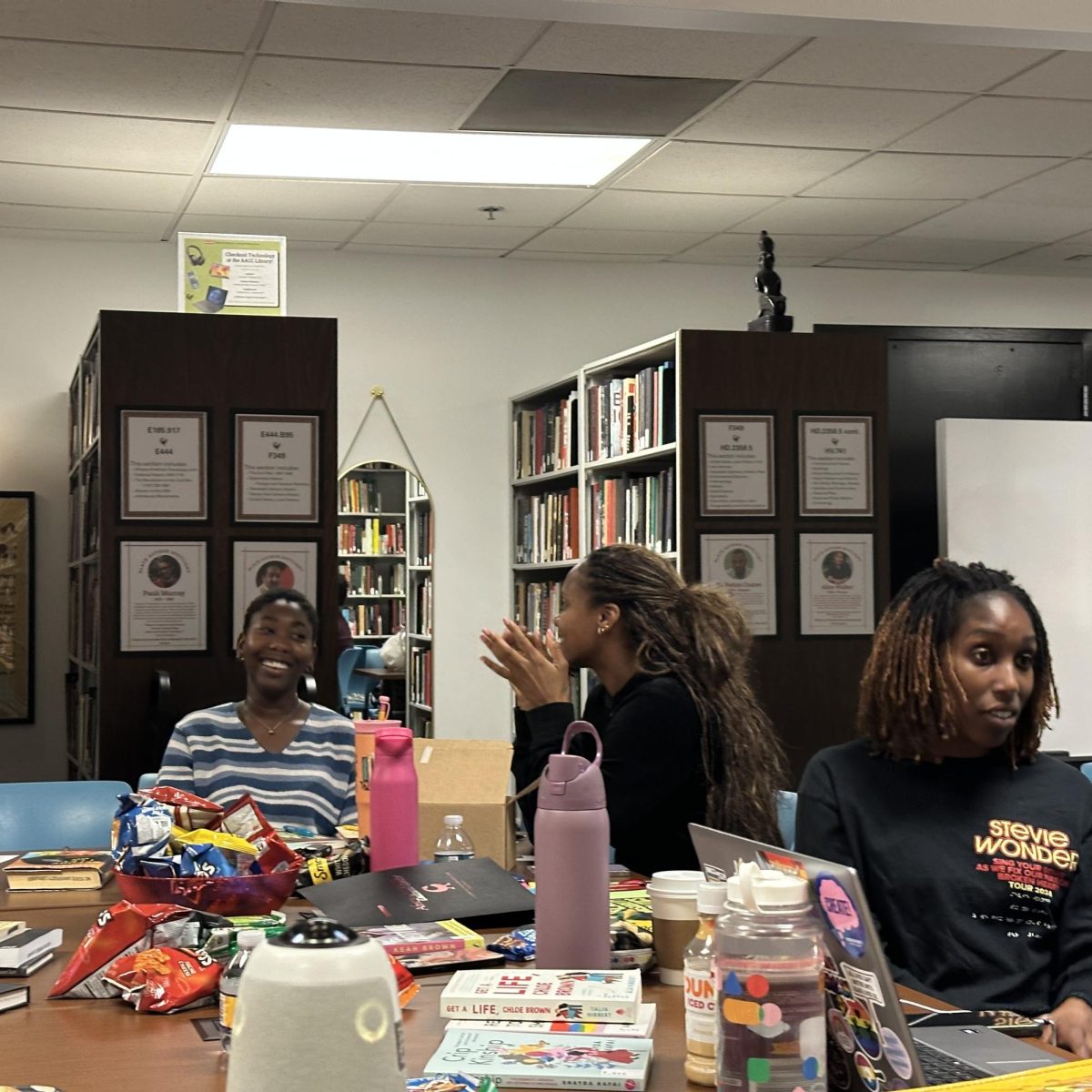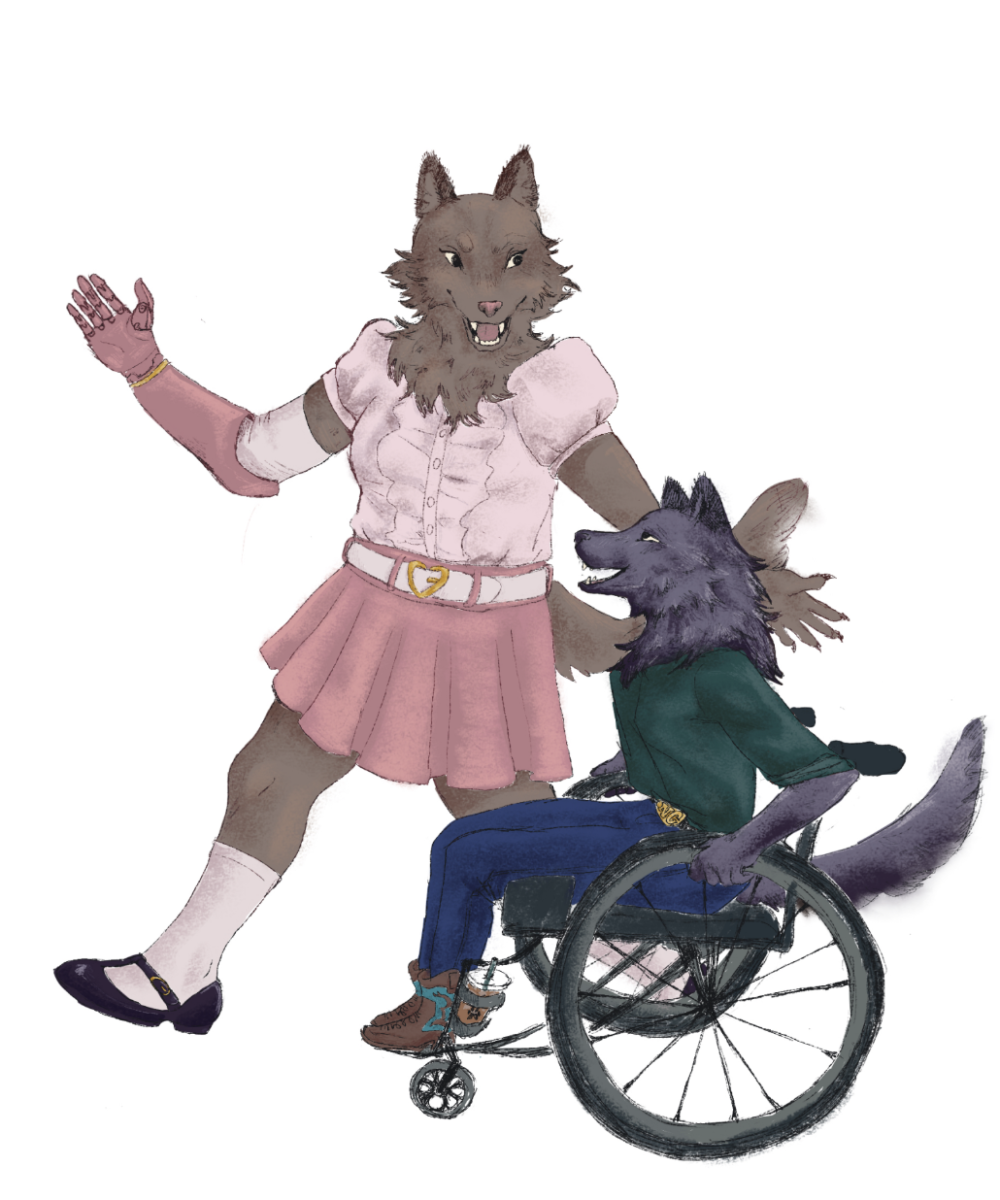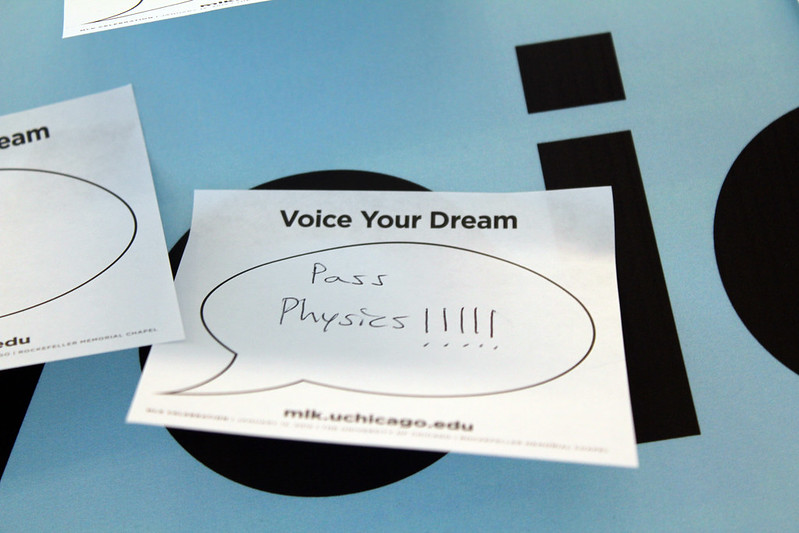DeErricka Green | Staff Writer
 “Small packages often contain valuable things,” or so the proverb goes. Toni Morrison’s latest work, Home, is no exception.Morrison, born Chloe Wofford, is arguably the most celebrated African-American novelist of our time. Her novels are renowned for their spectral themes, spirituality and ornate characters. Her repertoire includes greats such as The Bluest Eye (penned while Morrison was teaching at Howard University), Sula, Song of Solomon, and Beloved (which was filmed and starred Oprah Winfrey). In 2008 her literary organization, the Toni Morrison Society, began installing benches at significant sites in the history of American slavery as tribute to those enslaved. She has been honored with such awards as the Pulitzer Prize (for Beloved), the Nobel Prize for Literature (for “novels characterized by visionary force and poetic import,” according to the official Web site of the Nobel Prize), and most recently, the Presidential Medal of Freedom, the highest civilian award in the United States.
“Small packages often contain valuable things,” or so the proverb goes. Toni Morrison’s latest work, Home, is no exception.Morrison, born Chloe Wofford, is arguably the most celebrated African-American novelist of our time. Her novels are renowned for their spectral themes, spirituality and ornate characters. Her repertoire includes greats such as The Bluest Eye (penned while Morrison was teaching at Howard University), Sula, Song of Solomon, and Beloved (which was filmed and starred Oprah Winfrey). In 2008 her literary organization, the Toni Morrison Society, began installing benches at significant sites in the history of American slavery as tribute to those enslaved. She has been honored with such awards as the Pulitzer Prize (for Beloved), the Nobel Prize for Literature (for “novels characterized by visionary force and poetic import,” according to the official Web site of the Nobel Prize), and most recently, the Presidential Medal of Freedom, the highest civilian award in the United States.
To put it simply: Toni Morrison got swag. Her newest publication, despite its size, only reaffirms this.
As the years have passed, Morrison’s novels have jumped on the diet wagon, slimming considerably since her early years. Accordingly, readers may note that Home is a compact novel. In fact, it’s just shy of the 150 page mark. Compared to some of her famed novels, Home is a tiny little thing. However, though Morrison’s novels have dropped a few dress sizes, it seems they couldn’t be any better.
In an interview with PBS, Morrison said that Home was “a very stripped-down form of storytelling” and required a conscious effort. Morrison omitted much of the extraneous action and detail found in most novels, instead boiling Home down to slender perfection. “More [is not] better.” She said. “I can write forever about anything of a character. But I wanted this to be…it’s harder to write less to make it more. And that’s what was engaging to me when I was writing this book.”
The novel tells a story of Frank Money, an African-American man in the late 1950s making his way across the country to his childhood home in Georgia. Frank was discharged from the conflict known as the Korean War and was one of the first to fight in an integrated United States Army. Upon his return home, however, he finds the faces of racist America staring back at him. Integration hasn’t been embraced with open arms, even in the North. He heads toward Georgia to be with his sister -one of few remaining relatives. As he journeys throughout the country, Frank leads readers on a voyage through his own thoughts and memories. He’s bitter, self-loathing, and finds himself with more invisible scars than physical ones when he returns to America. The memories of his childhood, his life on the battlefield and the violence he has experienced because of his race, muddle around in his lethargic mind, leaving Frank questioning his sense of self, his black manhood, and the bittersweet meaning of home.
Voted one of Amazon’s Best Books of the Month in May, where it has been called “masterful,” “eerie in its timeliness,” and “Morrison’s most lyrical performance so far,” Home has also been celebrated around campus.
Dr. Denise Heinze, Teaching Assistant Professor in the English Department at N.C. State and a Toni Morrison scholar, considers Morrison a “must read’ author.” “Any time she publishes a novel it’s an important literary event,” said Heinze. In Heinze’s opinion, “Home is similar to Morrison’s other novels in its desire to convey the horrific effects of a violent and racist world in prose that is often lyrical and haunting.”
Despite Heinze’s admiration of the novel, she did offer her opinion of the shortcomings of the work. “While I found much to admire in Home, I would not put it in the same league as Beloved or Song of Solomon. It lacked, for me, the complex machinations of plot that Morrison is known for, and the unforgettable, fully realized characters of her earlier novels. In addition, her prose was not as consistently brilliant as I have come to expect.”
A reading of Home was held at the Cameron Village Library on Aug. 23. This event was a part of “Read Smart,” a discussion series of popular books moderated by N.C. State professors. The discussion was presented by Dr. Sheila Smith-McKoy, director of N.C. State’s African American Cultural Center and Africana Studies Program and associate professor of English. Smith-McKoy has also included Home in the lesson plan for her “African American Literature” course, offered to those of junior standing or above.
Since her first novel about a black girl who longs for blue eyes and white skin, to her perpetually decorated Beloved, Morrison has never failed to dazzle readers young and old. Like Heinze, some readers may find that the novel has some weaknesses. Due to its brevity, some may find that they walk away with questions unanswered by the end. However, Home is still filled with elements of Morrison’s signature style- witty, flowing prose, animated and sometimes eerie storytelling. Home is in no way a failed effort. This novel, no matter how tiny, makes a big splash and is well worth the read.






